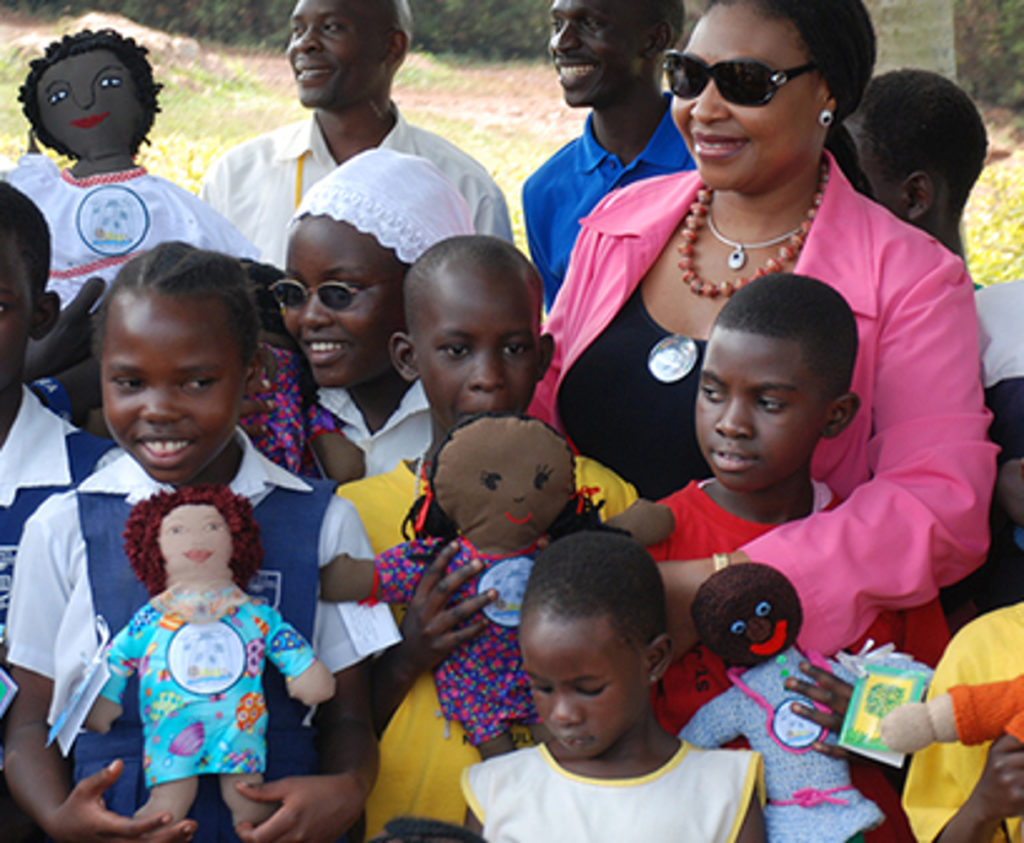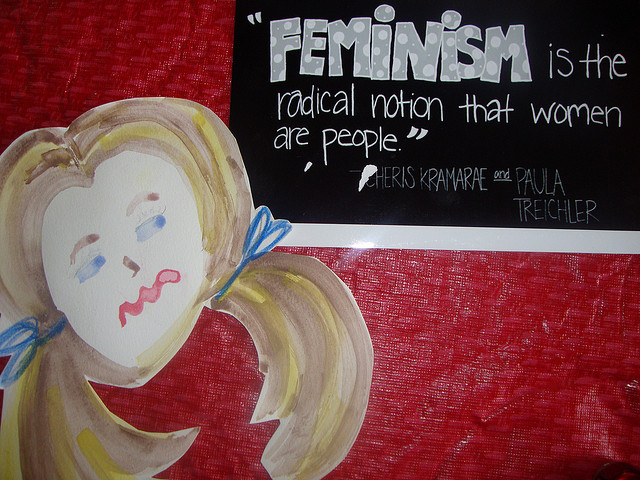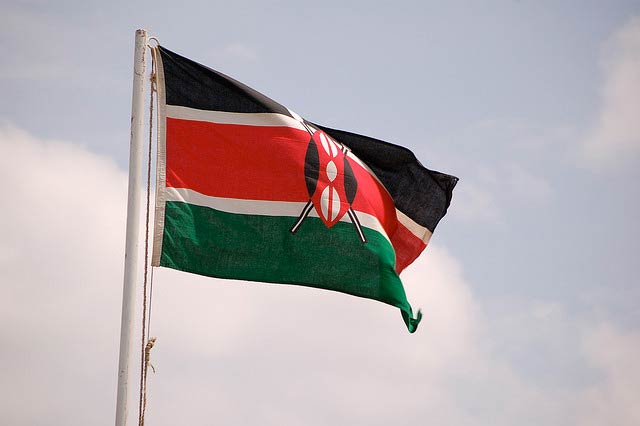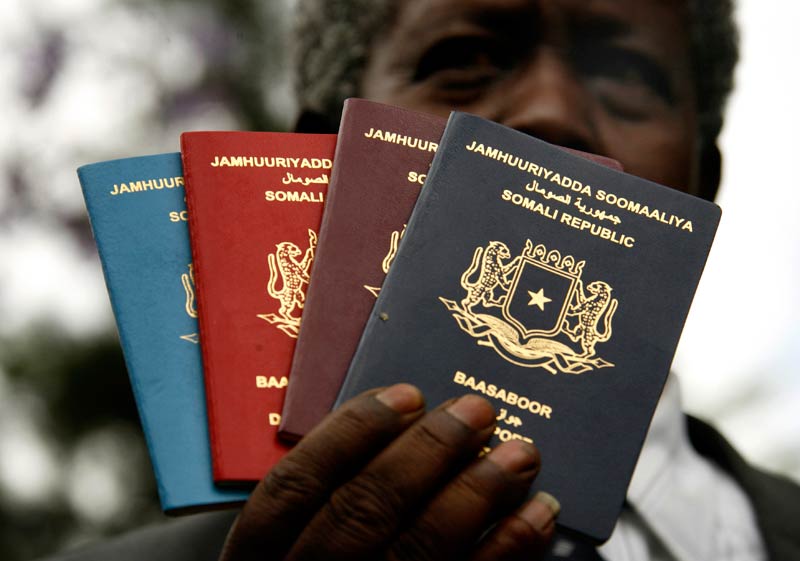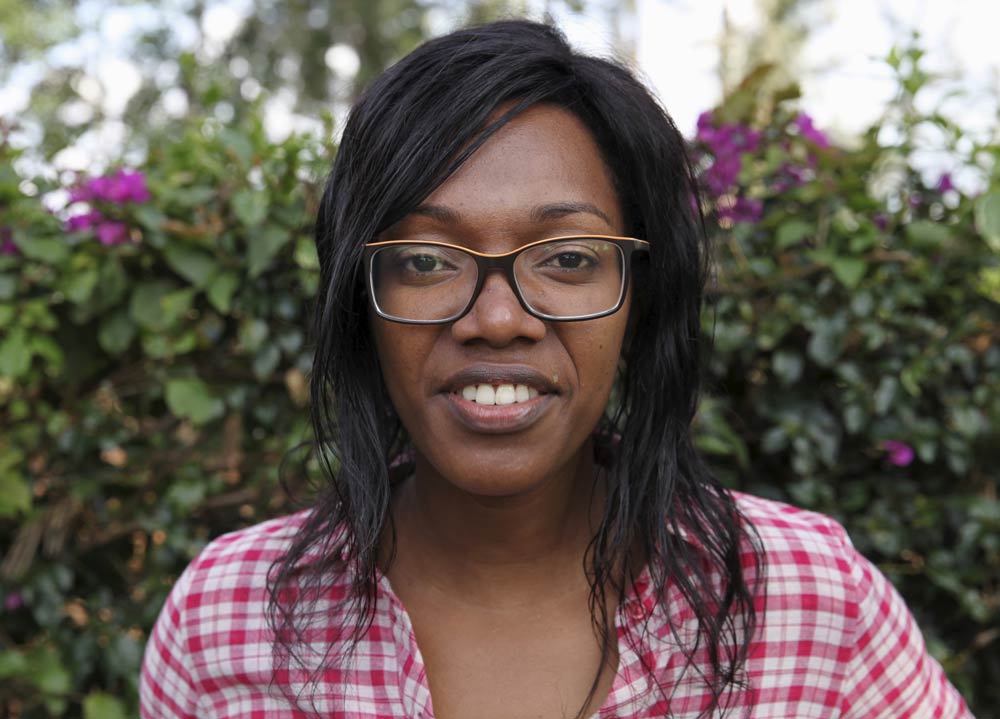
Audrey Mbugua will not say whether it was a razor blade, pills or carbon monoxide that she used to try to kill herself.
Born a male in Kenya and given the name Andrew, she felt trapped in the wrong body and started dressing in women’s clothes while at university, attracting ridicule and rejection. After graduation, Mbugua was jobless, penniless and alone.
“I thought the best way was to end it all,” she recalled six years later, sitting in her leafy garden in Kiambu, 20km from the Kenyan capital, Nairobi.
“I didn’t have any hope. I didn’t have friends I could talk to. My family had deserted me,” said the slim 31-year-old, who wears glasses and her hair long.
Experts say up to 1 percent of the world’s population are transgender – men and women who feel they have been born with the wrong body and the wrong gender.
When Mbugua sought help to deal with her inner turmoil from a healthworker, the woman took Mbugua’s hands and prayed for her to be freed from the devil’s clutches.
“She pulls open her drawer, takes out a Bible and starts to preach to me,” Mbugua laughed. “I don’t think she knew what I was going through, so to cover up, she said it’s the work of Satan.”
Transgender people are some of the most invisible in Africa where rigid gender stereotyping continues to stifle freedoms. Many are forced to hide their identity and live on the margins of their communities or risk being vilified as immoral and unchristian by the conservative majority.
Mbugua is a rare exception.
Since a test case in 2013 to compel Kenya’s examinations council to change the name on her school leaving certificate from Andrew to Audrey, Mbugua has become an unlikely celebrity, using interviews to promote transgender rights.
Surgery
After Mbugua’s 2008 suicide attempt, doctors diagnosed her with gender identity disorder and arranged for surgery to change her sex.
But Kenya’s minister of medical services cancelled the operation at the last minute without explanation – an example of the confusion that has marred her quest to fully become a woman.
Facing one hurdle after another, Mbugua decided she had to take up the mantle of campaigning for transgender rights to combat the ignorance and stigma blighting her life.
“It has to be done so that people are able to live lives that are full of dignity, where people are not hindered from being who they are,” Mbugua said.
Transgender people across Africa are publicly humiliated, stripped, harassed by the police and thrown out of their homes. Alcoholism and suicide are often the only way out.
“A transgender person should be a prostitute, they should be used for sodomy – that is the general narrative,” Mbugua said.
Despite a degree in biotechnology, Mbugua has been unable to find work. She has had a dozen job interviews, but the interviewers made “nasty comments” and threatened to take her academic certificates to the police, accusing her of fraud.
Mbugua changed her name through deed poll in 2012, using this to replace Andrew with Audrey on her passport.
But she has been unable to change the name on her identity card, birth certificate or academic papers. An application to change her identity card has been pending since 2012.
Her 2013 case against Kenya’s examinations council unleashed a media frenzy with her story dominating front pages. Television interviewers asked her about her sex life, she was mocked online and young men in her village threatened to attack her.
“You feel like throwing yourself in front of the bus but you have to find a way of living with it,” she said. “I wanted to take as many hits as possible and show the world that you can hit a transsexual and she stands up.”
“I didn’t want people to think of people like me as cowards, as people who hide, who are ashamed of themselves,” she added.
In a landmark ruling in October, the court ordered the examinations council to change the name on Mbugua’s certificate. But the council appealed the ruling and the case is awaiting a date in the High Court.
Fundamental change?
South Africa and Botswana are the only African countries with laws explicitly allowing official documents to be changed to reflect a person’s desired identity, although medical evidence of transition is usually required.
Kenyan authorities say medical proof of transition – a sex change – is required to change the gender mark on Mbugua’s passport and identity card. But sex change surgery is virtually impossible to get in Kenya because the procedure is so unusual.
The few Kenyans Mbugua knows who have had surgery did it overseas.
In February, the High Court ruled against ordering the government to set medical guidelines for treatment of gender identity disorder, which must be in place before Mbugua can undergo surgery.
“Gender change operation is part of my treatment,” she said. “It’s the last piece of my treatment as recommended by doctors who saw me. It’s my right.”
Mbugua has become Kenya’s most famous transgender woman. Strangers stop her in the street and tell her she is brave and beautiful. She receives emails from doctors asking her to help transgender patients change their names on official documents.
She juggles her advocacy work with studying for a Masters degree, spending hours at her computer, blue and black nail polishes neatly lined up next to the screen.
She believes Kenyans are now more understanding of what it is to be transgender, accepting it as a medical condition that has nothing to do with homosexuality, which remains a taboo in much of Africa.
“Nowadays, I normally have a good night’s sleep because no one calls me that they have been arrested by city council or police on some trumped-up charges of cross-dressing or prostitution,” she said. “We have seen fundamental changes.”

